Many people have heard of Dr. Marie Curie, likely in a science class in school. The French physicist and chemist earned two Nobel Prize honors for her work, becoming the first person ever to do so. And she remains the only person awarded Nobels for work in two different scientific categories.
But Curie also was a champion of the battle, of striving to achieve, as evidenced in this quote from her 1937 biography:
“We must have perseverance and above all confidence in ourselves. We must believe that we are gifted for something and that this thing must be attained.”
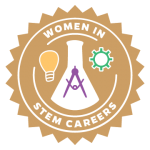 Dr. Curie was – and remains – 100 percent correct. Unfortunately, many young women that want to become scientists are discouraged from doing so, and some of the reasons are prioritization of boy’s education, gender biases and stereotypes, and the global divide.
Dr. Curie was – and remains – 100 percent correct. Unfortunately, many young women that want to become scientists are discouraged from doing so, and some of the reasons are prioritization of boy’s education, gender biases and stereotypes, and the global divide.
This is the second blog of a series called “Women in STEM Careers.” This series will highlight the work of some very inspiring women scientists that I know, and, hopefully, inspire other women to enroll or continue in higher-education STEM careers. This is as important now as in Dr. Curie’s time, given that the number of women in STEM careers remains disproportionately low when compared to men.
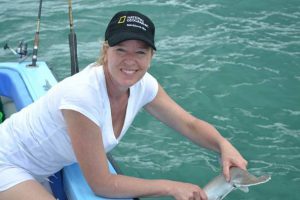
Please tell us who you are and what you do.
I am Dr. Mikki McComb-Kobza and I am the executive director of Ocean First Institute, a nonprofit organization with the mission of ocean conservation through research and education. I conduct research in the field and bring those stories back into classrooms to inspire students to explore and care about our ocean and its inhabitants. I also take students on research expeditions so they can experience science first hand.
Why did you decide to go into this field?
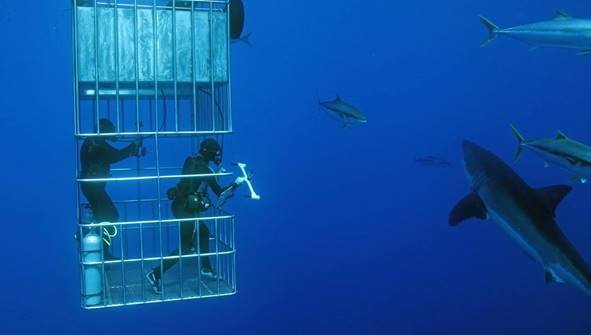
My passion for sharks propelled me into science so that I could learn more about them and ultimately to have a career where I help in conservation efforts.
What really excites you about your work/career?
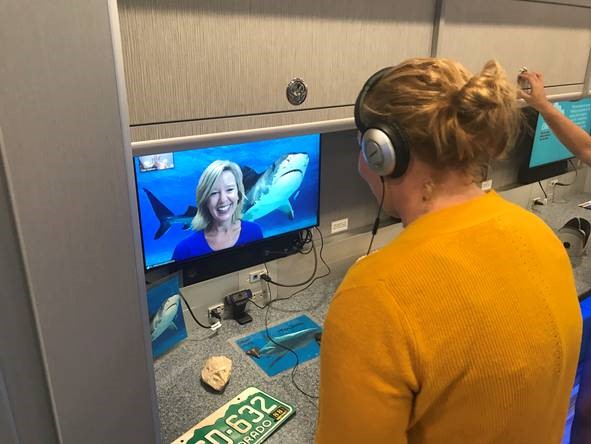
Do you have a female scientist that you admire? If yes, who and why?
I met Dr. Sylvia Earle in 1998 when I was a production assistant for National Geographic. I got to spend a week with her in the Florida Keys, diving on the Aquarius underwater habitat. I dove with her and was so inspired by her optimism and her bold visions. She started her own company that made submarines so she could explore the deep ocean. She started her own nonprofit to help the world designate global ocean “Hope Spots,” which are special places in the ocean that need protection and visibility. She has been a champion and a mentor to so many women in science and she has been doing this for decades!
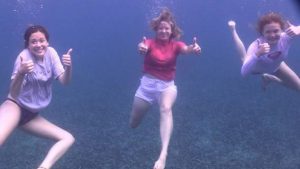
What would be your advice to younger women thinking about enrolling in a STEM career?
The world is changing very quickly today, and we are now living through the world’s sixth mass extinction event, caused by us. There is no other time like the one we are in now. More than ever, we need compassionate, smart, dedicated women to enter the sciences so that they can understand what is happening and be able to respond effectively. We need women with the right knowledge and tools to protect the natural world.
 0
0
